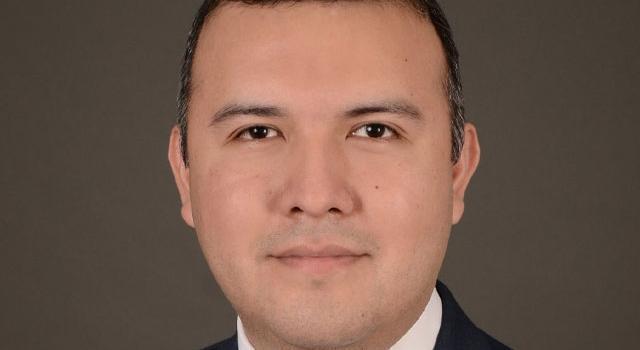Preventing HIV: Teaching Thai Teens to Invest in Themselves

"Communicating science to the masses is what I'm really interested in," says Human Biology Professor Megan Dobro. "How do you take complex molecular biology topics and make people care about them, understand them, and make behavior changes because of that knowledge?"
In August, Dobro was in Rwanda, where she collaborated with the non-profit Global Engagement Institute in a program requested by the country's Ministry of Health to teach infection prevention and control in hospitals. She worked with science faculty from around the United States, and said her primary goal was to increase the effectiveness of the HIV and sexual health course she's led in Thailand for the past two years.
"I looked at it as training for myself," she said, "so I could understand how this kind of public health work is done and bring that understanding back to Thailand."
Dobro's annual three-week course in northern Thailand, called YESS! (Youth Empowerment through Safe Sexuality!), connects Hampshire and Five College consortium students with youth living in a children's home, run by the non-profit organization Warm Heart, in the town of Phrao, in Chiang Mai province. Most of them are orphans or children and teens whose parents live far from schools, and sent them there to receive an education. To participate, students must complete Dobro's spring semester course HIV/AIDS: 30 Years Later, in which they learn not only about the biology of HIV and AIDS, but also about the cultural challenges that go into their prevention.
Dobro’s PhD, from Caltech, was on the structural biology of HIV, but she started working with Warm Heart after realizing that, although there were accurate tests and affordable treatments for HIV, many people around the world weren't getting tested and treated for a variety of cultural reasons.
"My original focus for this program was on the science, but it developed into educating teens in northern Thailand about their bodies, hygiene, self-respect, and disease protection," she says. "This past year I realized we had to take a step back. They're living every day of their lives without being asked what they want to be when they grow up. The first thing we have to do is get them invested in themselves and their futures, so that they realize their lives are worth protecting. We have to hook them into wanting to protect themselves before we talk about HIV."
With that in mind, Dobro moved beyond science into public health. She conceptualized the program with Literature and Gender Studies Professor Jill Lewis, who has been working on sexual health issues around the world for decades, and whose advice has been crucial to the program's success. Hampshire's Global Education Office, which facilitated Dobro's work in Rwanda and Thailand, has been essential, too. Says GEO Assistant Director Heather St. Germain, "we see our work as helping students make connections, and that involves helping faculty make connections.”
Seeing her students interact with the Thai youths, says Dobro, shows exactly why fieldwork is important in order to gain an understanding of sexual health issues beyond the classroom.
"It's powerful because it's teens working with teens, not authorities speaking with them," Dobro says. "Our Hampshire students are just as vulnerable in talking about their lives, and because of that the Thai teens open up, too. Many of them had never touched a condom before, and it takes a lot of trust activities before they're comfortable talking about these subjects. But once they get there, it's incredible."



